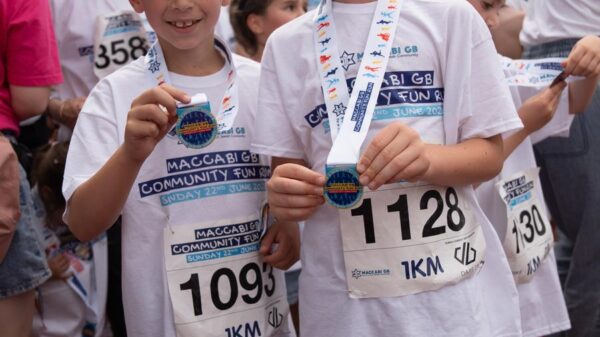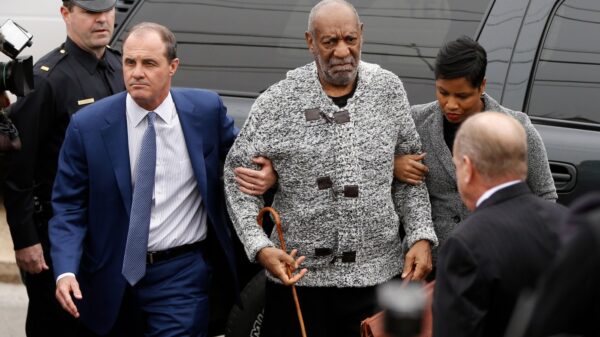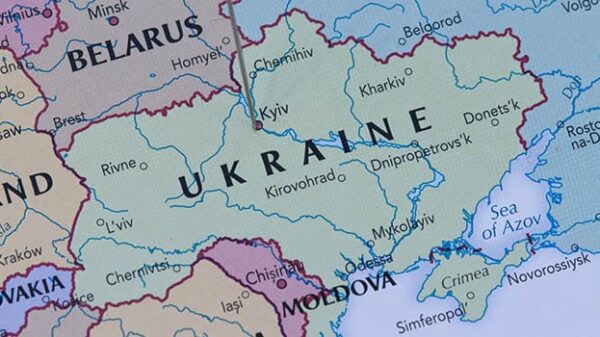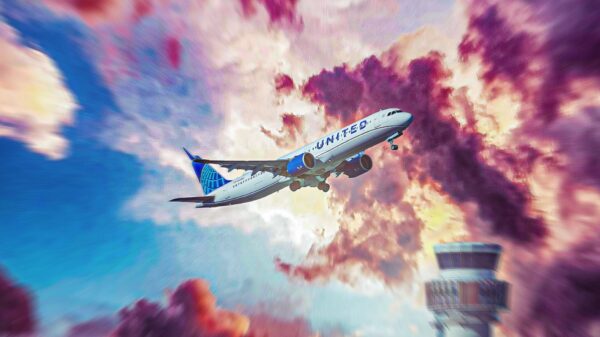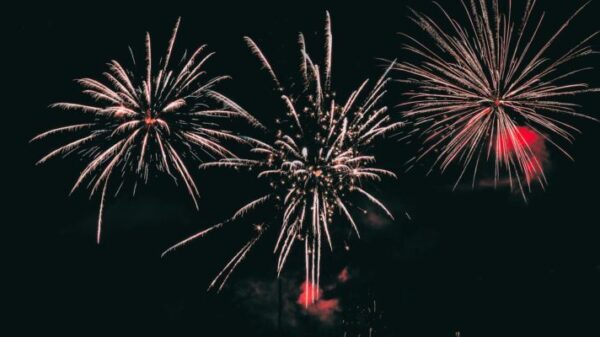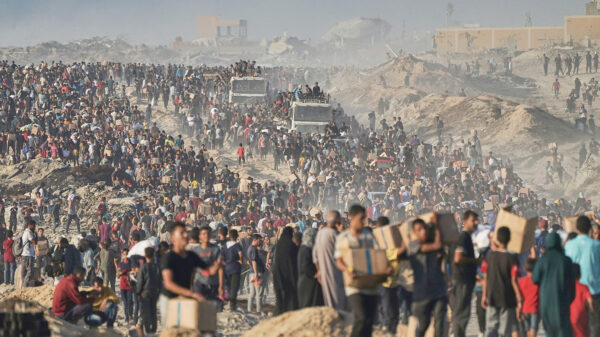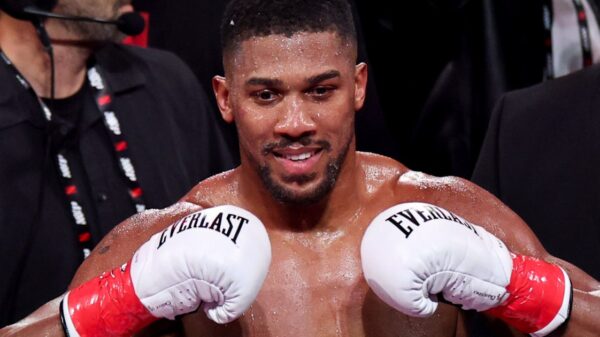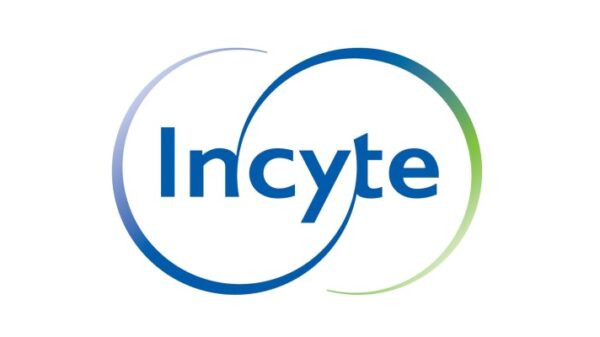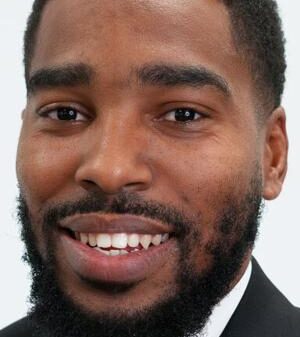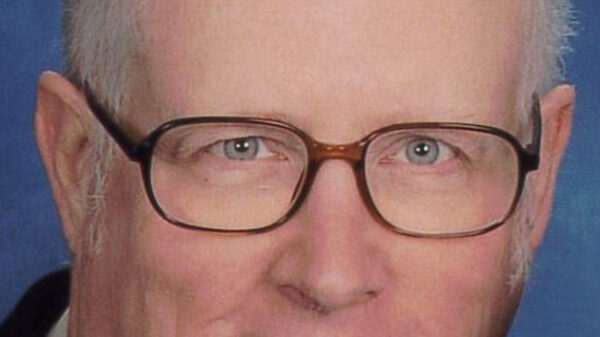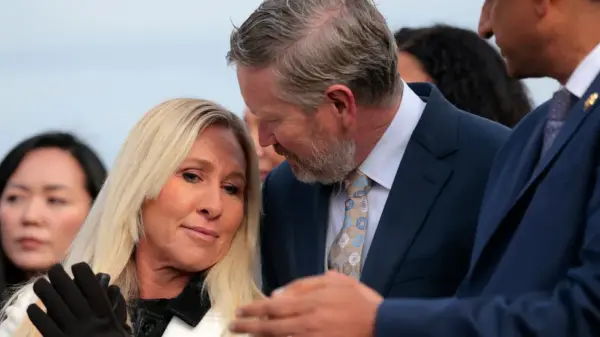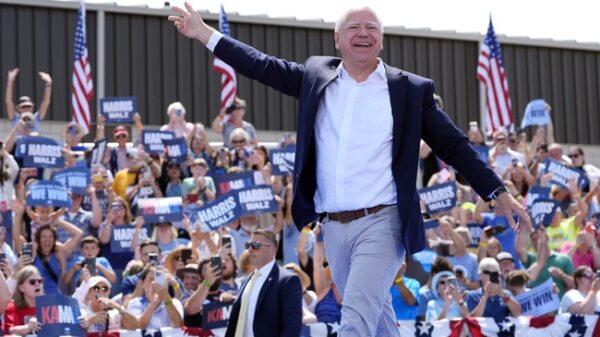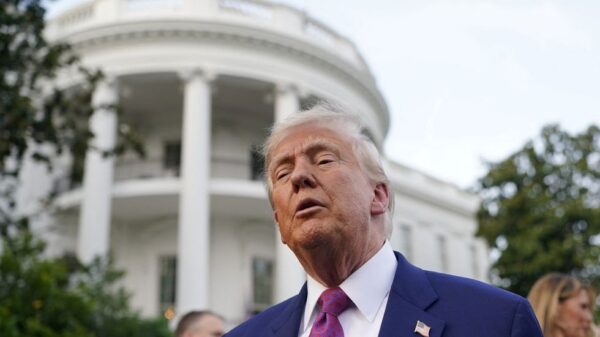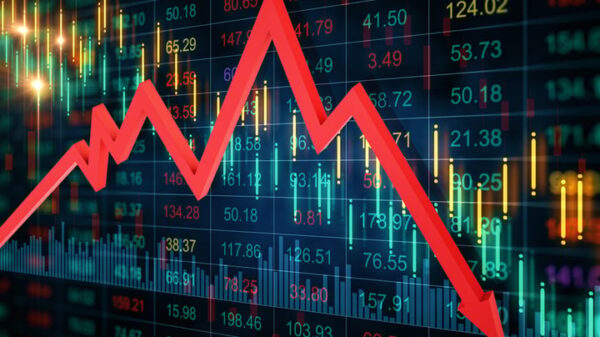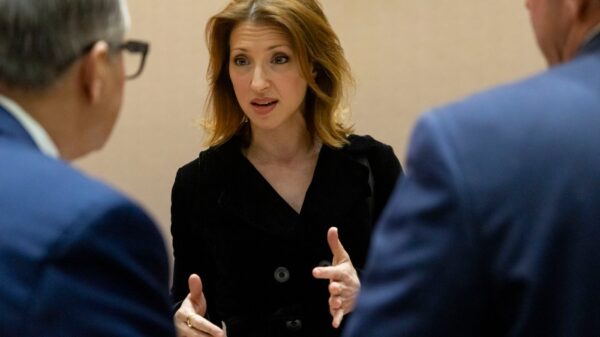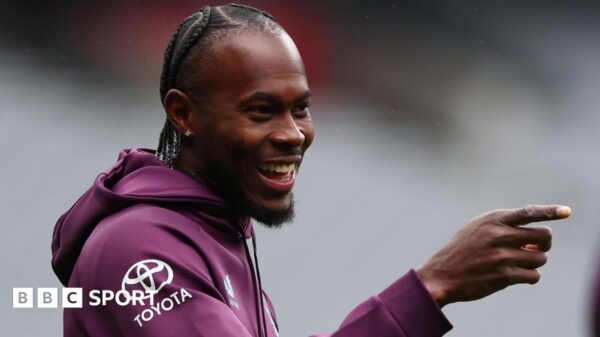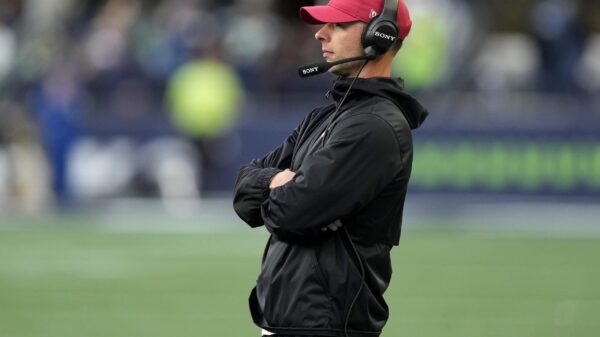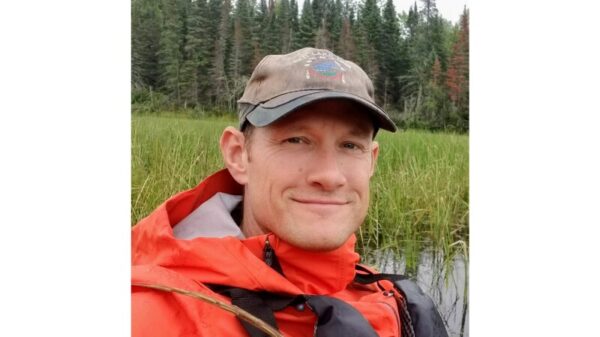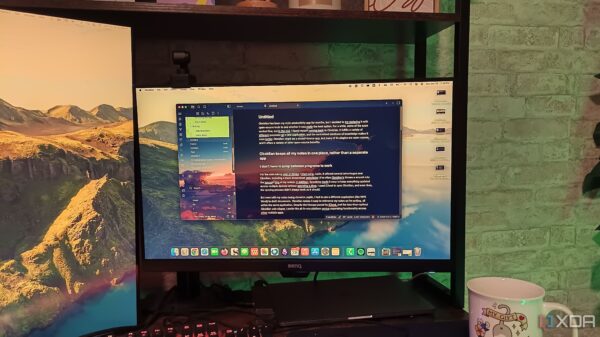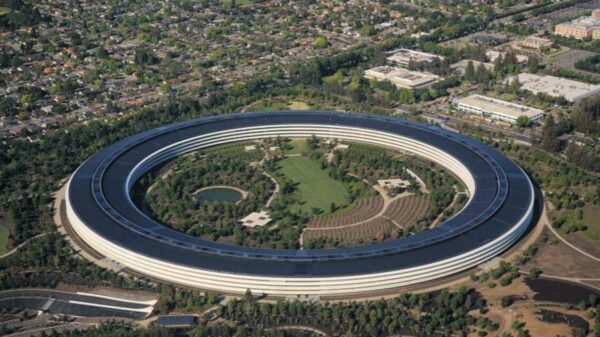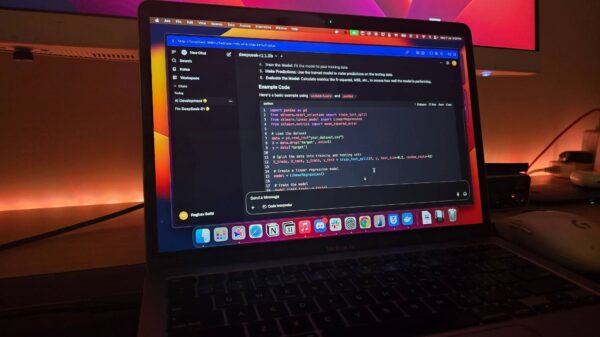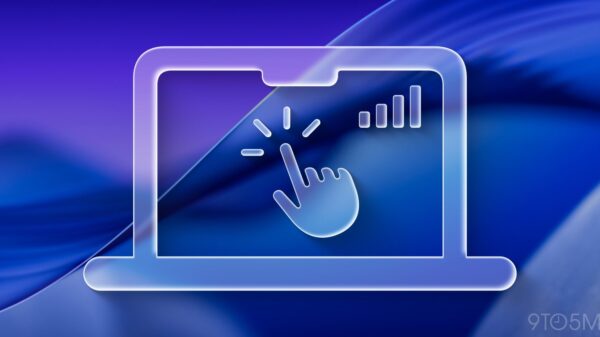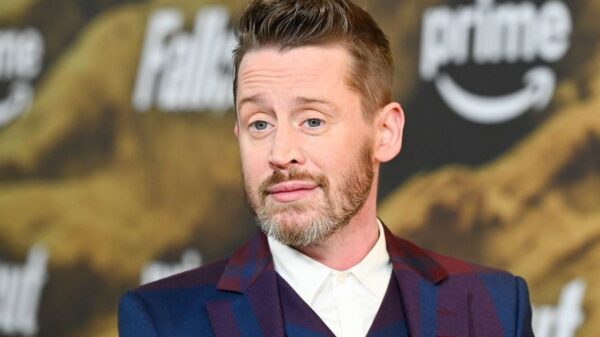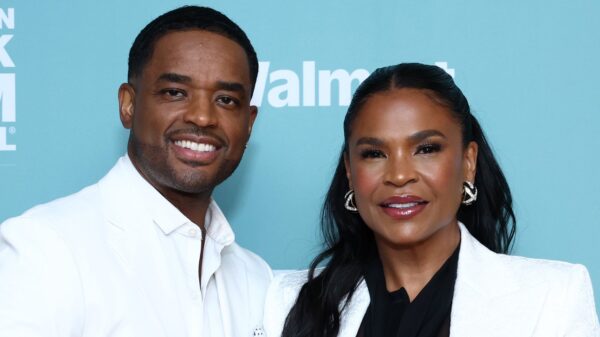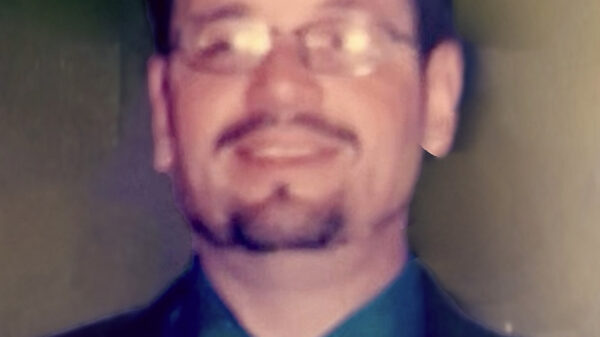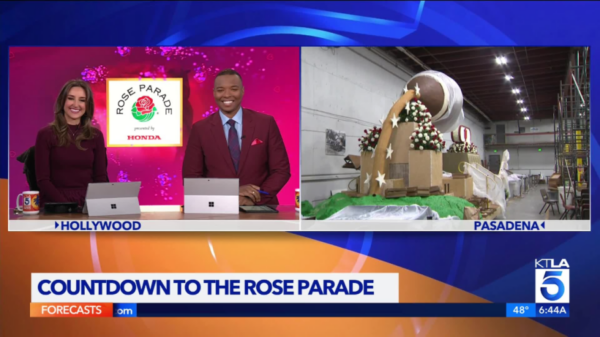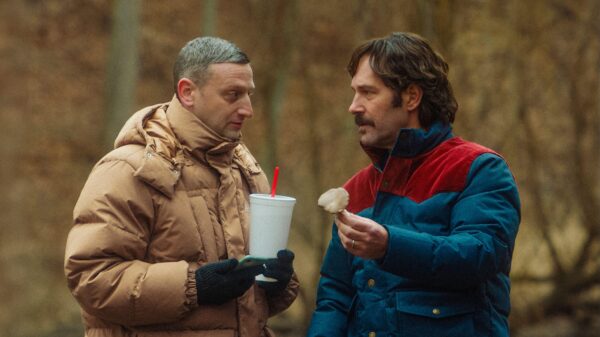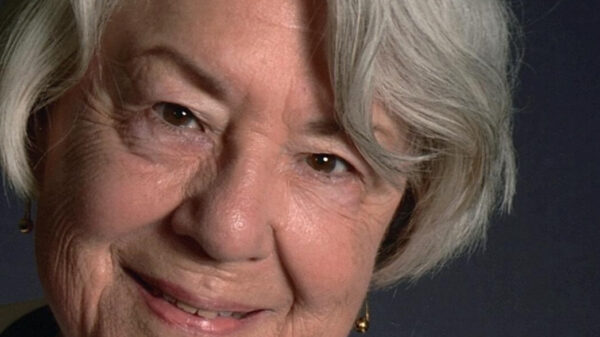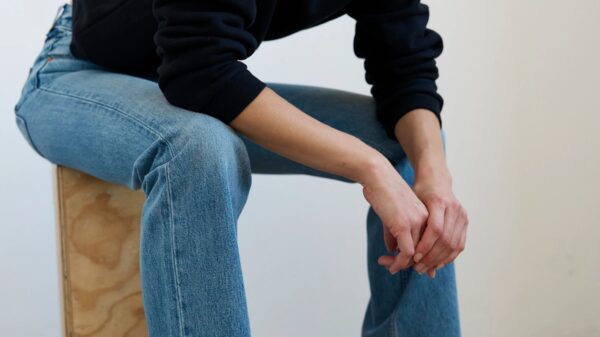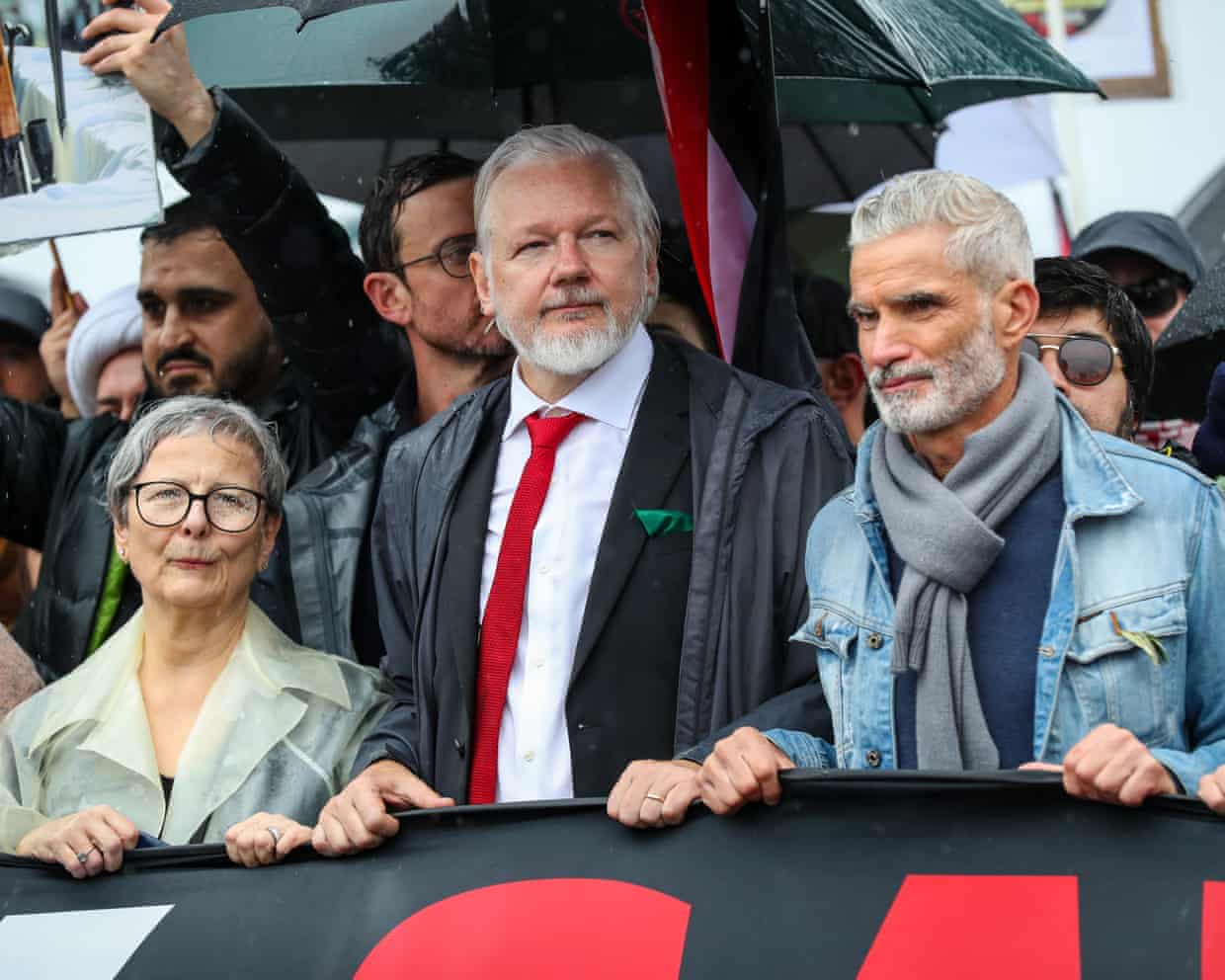On March 10, 2024, a significant pro-Palestine march crossed the Sydney Harbour Bridge, featuring notable figures including Julian Assange, former New South Wales Premier Bob Carr, and federal MP Ed Husic. The gathering aimed to protest Israel’s actions in Gaza, particularly highlighting the humanitarian crisis impacting children in the region. Despite inclement weather, thousands of participants marched, carrying banners and pots to symbolize the starvation in Gaza.
Police Intervention and Safety Concerns
As the march progressed, the New South Wales Police issued a mass text message around 15:00, instructing protesters to halt their movement due to safety concerns. This directive followed prior warnings from police about the potential for crowd congestion and disruptions. Protesters were turned back at the northern end of the bridge, with a police helicopter monitoring the situation.
“Message from NSW Police: In consultation with the organisers, the march needs to stop due to public safety and await further instructions,” the message read.
Earlier in the day, the atmosphere was charged with emotion as participants, many equipped with umbrellas and rain gear, gathered at Lang Park before making their way across the bridge to Bradfield Park. Among the speakers, Senator Mehreen Faruqi passionately addressed the crowd, criticizing the New South Wales government for its stance on the protest.
“Thank you for defying Chris Minns,” she stated, referring to the New South Wales Premier. “This is a man who wants you to stay home and be silent in the face of a genocide.” Faruqi underscored her belief that the government’s concerns were less about public safety and more about stifling dissent.
Support from Public Figures and the Community
Despite police objections, a ruling from the NSW Supreme Court allowed the march to proceed. Participants included public figures such as former soccer player Craig Foster, who joined the march alongside several state Labor MPs who had previously expressed their support for facilitating a safe protest.
Protesters displayed a range of messages, with some carrying signs like “Gay Jews 4 Gaza.” One participant, a British man named Dan, emphasized the importance of voices within the Jewish community opposing the actions of the Israeli government. “I think it’s important for people within the community to stand up and raise their voice against the state of Israel because they’re not representative of the Jewish community as a whole,” he explained.
Healthcare professional Philomena McGoldrick, who has worked in Gaza, shared her distress over the images of starving children circulating globally. “Innocent babies have no colour, no religion, no language. In this day and age … it’s heartbreaking,” she said, expressing gratitude for the solidarity shown by fellow protesters.
As the event unfolded, Transport for NSW advised the public to avoid non-essential travel around the central business district, acknowledging the potential disruptions caused by the protest. In a similar vein, pro-Palestinian demonstrators in Melbourne faced police barriers as they attempted to express solidarity with the Sydney march.
Julian Assange’s participation marked one of his few public appearances since returning to Australia after a prolonged extradition battle. His presence alongside Carr, who previously called for sanctions against Israeli leadership, further highlighted the political dimensions of the rally.
As the day concluded, the rally underscored a growing movement calling for accountability regarding the humanitarian situation in Gaza, reflecting the sentiments of many Australians concerned about the ongoing crisis.


